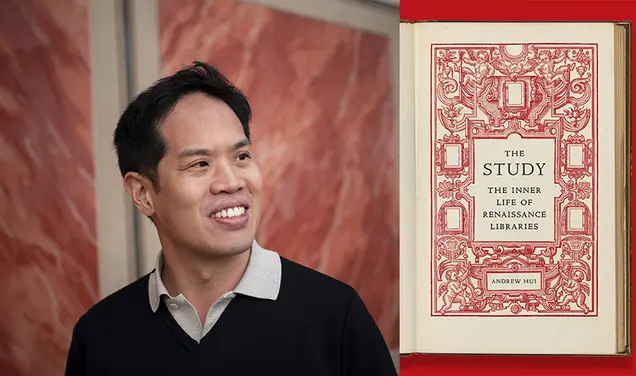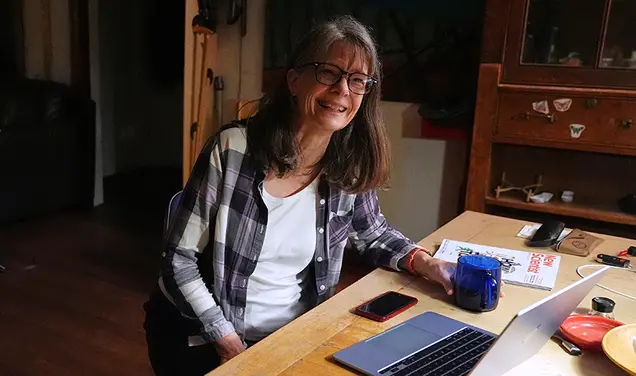Robertson case cleared for trial
Judge focuses issues in ‘donor-intent’ lawsuit; each side cites favorable rulings
A New Jersey judge gave lawyers for both the University and the Robertson family something to cheer in a series of pretrial rulings Oct. 25 designed to shape the legal issues that will be decided when the “donor-intent” lawsuit goes to trial.
The late Marie Robertson, wife of Charles Robertson ’26, donated $35 million worth of A&P stock in 1961 to set up the Robertson Foundation to support the graduate program of the Woodrow Wilson School in preparing students for government service. Robertson family members sued the University in July 2002, claiming that the University has not carried out the intent of their parents and seeking to take control of the foundation.
Superior Court Judge Neil Shuster ruled in favor of the University on two issues. First, the case will be decided by a judge and not a jury, as sought by the Robertsons. And he ruled that the foundation can spend gains realized on investments, rejecting the Robertsons’ request to limit spending to dividends and interest.
The foundation’s assets are now worth $880 million. More than $315 million has been spent on graduate programs of the Woodrow Wilson School, President Tilghman said in May. The Robertsons say they have spent about $20 million on the lawsuit thus far, while the University says it has spent about $22 million on the case.
In considering an issue at the heart of the lawsuit, Shuster rejected a University motion to rule that Princeton is and will remain the sole beneficiary of the Robertson Foundation. The Robertsons have sought to remove the University from any control or involvement with the foundation. Shuster declined to rule out that possibility until all the facts are heard at trial, but he said that ordering such action would be appropriate only “to remedy the most egregious and nefarious of circumstances.”
“The family believes the evidence of such wrongdoing is overwhelming and looks forward to introducing this evidence at trial,” said Ronald Malone, lead attorney for the Robertsons. Douglas Eakeley, a lawyer for the University, took a contrary view, saying that the judge “has set a very high evidentiary bar for the plaintiffs that we are confident they will not be able to clear.”
University lawyers pointed to the judge’s ruling that the trustees appointed by the University on the foundation board, where they hold four of seven seats, are not required to prove the “entire fairness” of their actions on behalf of the foundation. Eakeley termed the ruling “very positive,” saying that Shuster had ruled that there was “no inherent conflict of interest” in the way the foundation board was structured. Malone pointed out that the judge also ruled that “Princeton has fiduciary obligations to the Robertson Foundation, including the duties of loyalty and candor.”
While the Robertsons have asked that Princeton be ordered to repay more than $200 million in what they claim were expenses improperly billed to the foundation, last month’s rulings ordered a single transfer of $62,500 by the University — to repay a payment it admitted was made in error to a psychology professor in 1999.
In a series of rulings that totaled 355 pages, Shuster rejected a number of motions on the basis that more evidence will be required at trial.
“The judge has significantly narrowed the issues in providing a road map for ending this case,” said Peter McDonough, University general counsel. He said he hoped that what he termed “a sad, protracted saga” would finally come to trial in 2008.










No responses yet